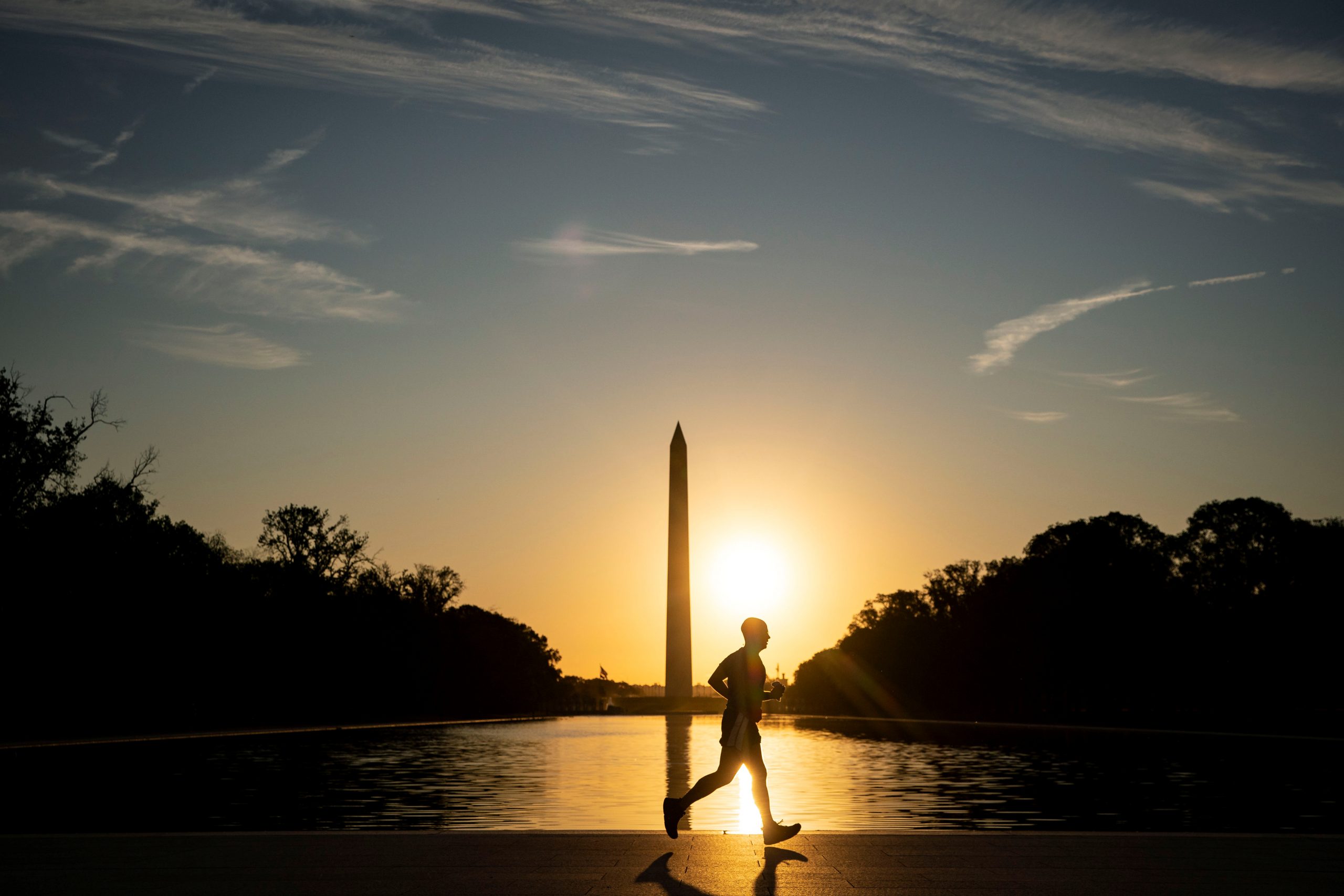
Samuel Case, FISM News
[elfsight_social_share_buttons id=”1″]
The Senate on Tuesday passed legislation that would make daylight savings time permanent beginning in 2023. The bill, called the Sunshine Protection Act, was approved unanimously in a voice vote.
The bipartisan bill was reintroduced by Senators Marco Rubio (R-Fla.), James Lankford (R-Okla.), Roy Blunt (R-Mo.), Sheldon Whitehouse (D-R.I.), Ron Wyden (D-Ore.), Cindy Hyde-Smith (R-Miss.), Rick Scott (R-Fla.), and Ed Markey (D-Mass.) in 2021.
“I know this is not the most important issue confronting America, but it’s one of those issues where there’s a lot of agreement,” Rubio said on the Senate Floor.
Today we passed out of the Senate my bill to make Daylight Savings Time permanent
Now it’s up to the House to help us #LockTheClock
— Marco Rubio (@marcorubio) March 15, 2022
Since 2015 about 30 states have already introduced bills that would have ended bi-annual time change, but some said they would only do so if their neighboring states did the same.
Rubio’s office claims that making daylight savings time permanent will have several benefits including reductions in car crashes, energy uses, robberies and seasonal depression.
Year-round daylight savings has been implemented multiple times throughout American history. In World War II the measure was adopted in an effort to save energy, but in 1945 only 17% said they wanted to keep what was called “war time.” In 1973 the idea was tried again (once again to conserve fuel) but was abandoned in 1974 after complaints arose of sending kids to school in the dark.
The bill’s fate beyond the Senate is unknown as neither House Speaker Nancy Pelosi nor President Biden have indicated whether they support the measure. Axios reports that Representative Vern Buchanan (R-Fla.) “will lead a letter to House Speaker Nancy Pelosi calling for immediate House passage of his bill.”
